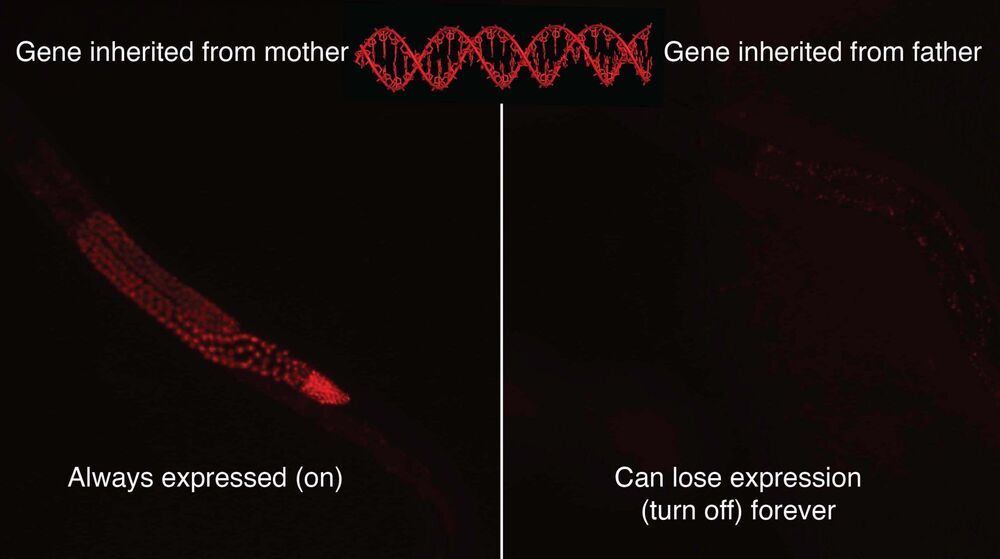University of Maryland scientists discover that match matters: The right combination of parents in nematode worms can turn a gene off indefinitely.
Evidence suggests that what happens in one generation — diet, toxin exposure, trauma, fear — can have lasting effects on future generations. Scientists believe these effects result from epigenetic changes that occur in response to the environment and turn genes on or off without altering the genome or DNA sequence.
But how these changes are passed down through generations has not been understood, in part, because scientists have not had a simple way to study the phenomenon. A new study by researchers at the University of Maryland provides a potential tool for unraveling the mystery of how experiences can cause inheritable changes to an animal’s biology. By mating nematode worms, they produced permanent epigenetic changes that lasted for more than 300 generations. The research was published on July 9, 2021, in the journal Nature Communications.
